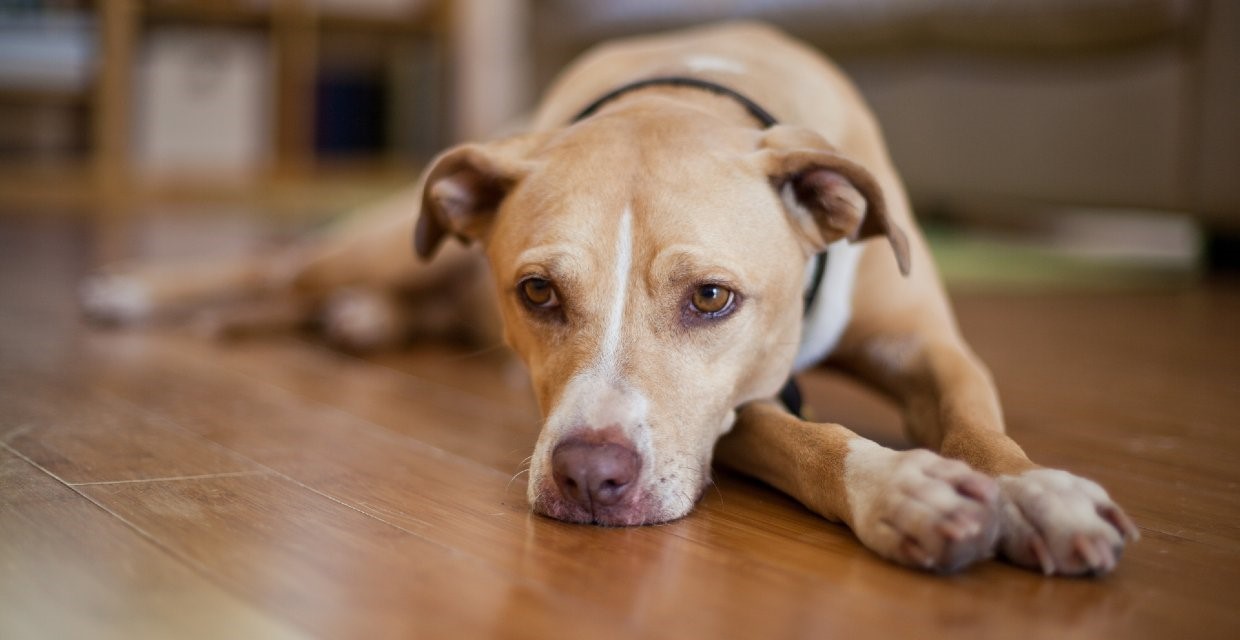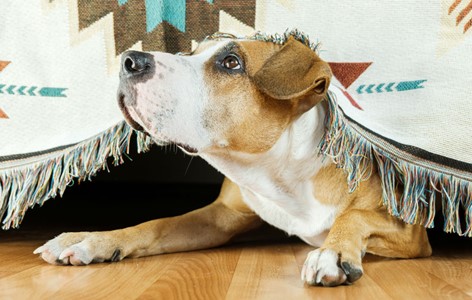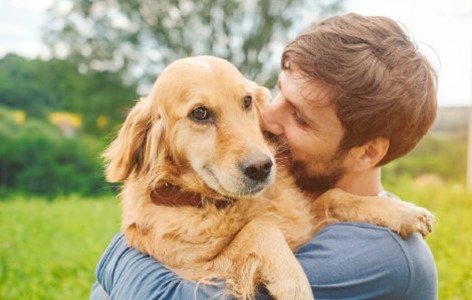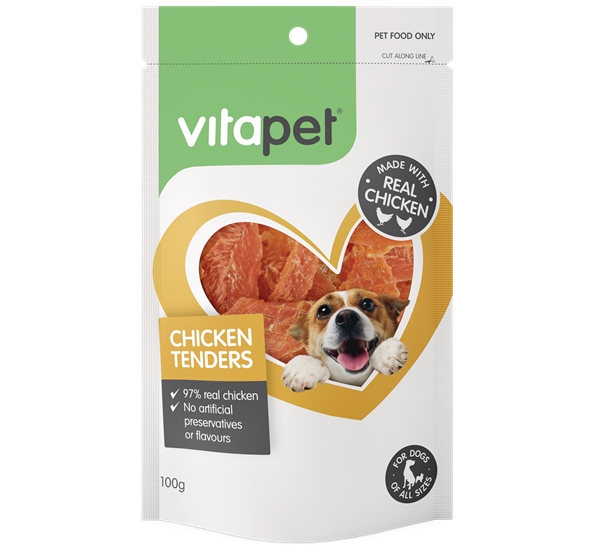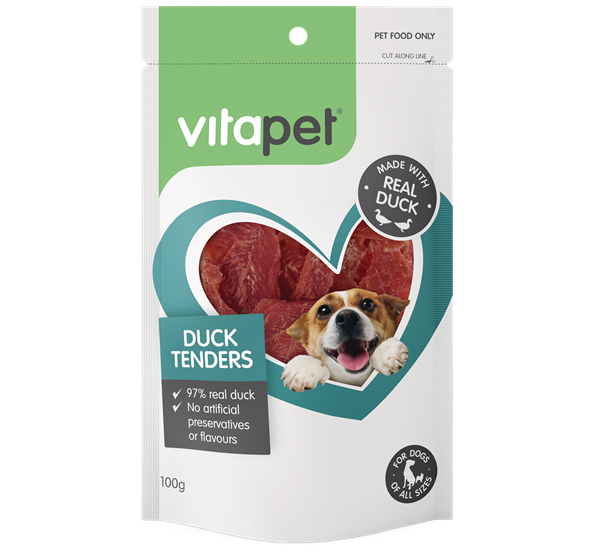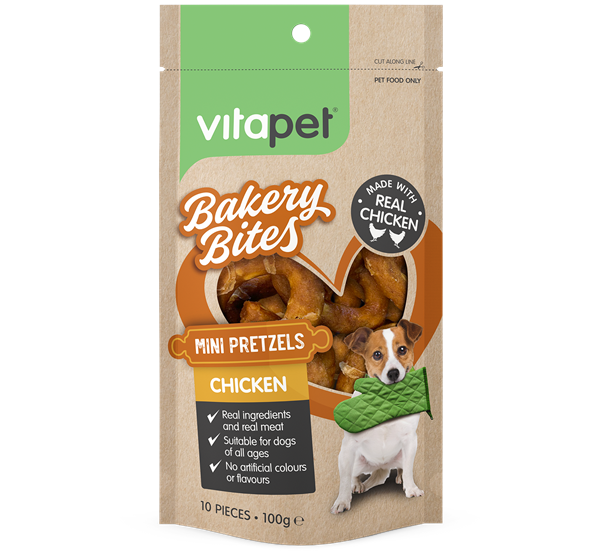Anxiety is one of the most common issues affecting pet dogs. Puppies and adult dogs can experience mild anxiety from time to time. However, some dogs may develop chronic anxiety in response to specific situations such as separation, unfamiliar people, unfamiliar animals, vet visits, a change in routine and even inanimate objects like the vacuum cleaner or lawn mower.
Signs you Have an Anxious Dog
Signs of anxiety in dogs can vary from quite subtle to very obvious and include:
panting, pacing, sweaty paws, dilated pupils, not eating, excessive vocalisation, excessive salivation, destructive scratching or chewing, house soiling, excessive licking & attempting to escape the home or property.
If you notice persistent signs of anxiety in your dog there are things you can do to help them.
Tips for Helping your Dog with their Anxiety
Helping anxious dogs involves changing their emotional response to the thing or situation that causes the anxiety by changing their negative association with the trigger to a positive one. This can be achieved using a combination of gradual desensitisation and counter-conditioning.
Eg, for a dog experiencing separation anxiety you start by exposing them to very short separations that are well tolerated and pairing the separations with things your dog values (e.g. a meal, long lasting treat, favourite toys etc).
Over time, the duration of the separation is gradually increased if the dog is coping well.
Gradual desensitisation and counter-conditioning can be used to help address your dog’s anxiety in response to any trigger.
It’s important when working with an anxious dog that you try to minimise their anxiety by keeping your distance from the trigger or environment that causes the anxiety to start with.
Pairing your dog’s favourite dog treats with the anxiety-provoking thing is a great way to help change the way they feel about it over time. As your dog becomes more comfortable with the trigger you can slowly move closer over time as the sessions progress.
Calming aids, such as nutraceuticals, anxiety wraps and pheromones can help to ease mild anxiety in dogs. Anti-anxiety medications are also available and these can be very beneficial in conjunction with behaviour modification. Speak with your vet to find out if medication is a good option for your anxious dog.
Having an anxious dog can be stressful for pet owners and their pets and professional help is available from suitably qualified dog trainers and behaviourists if you’re unsure or your dog’s anxiety is not improving.












